There was a point, maybe six or seven years ago, when I considered walking away from playing games altogether.
That’s not because I don’t enjoy games, or the people that are in my gaming circles. In fact, quite the opposite: I love rolling dice while spending time with friends. But I didn’t seem to have as much time as I would like to play games, and a funny thing happens when you join a game group where the players are all interesting people who have a life:
Those people are not consistently able to come to game night.
So, there I was in, say, 2016, with a group I had known for years. At the time, this group gathered at a local bar once a week, sometimes on Tuesdays, more often on Wednesdays. Everyone would arrive around 7 PM, giving us about four hours together.
Pleasantries were exchanged. Messenger bags, purses, large duffels and medium-sized backpacks were placed on one end of the table, and one by one, all of them would be opened, revealing a plethora of games both new and old that would serve as the menu for the evening.
Then, the jousting would begin with a simple question:
“So…what do folks want to play tonight?”
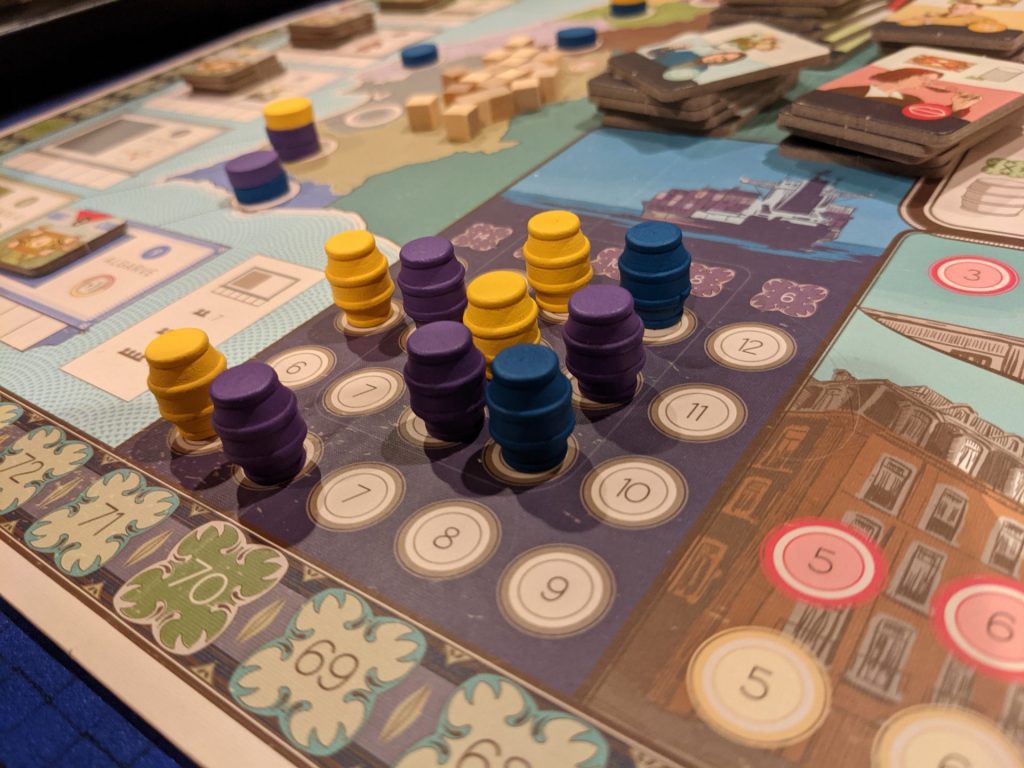
Bring Your Shouting Voice
On a typical night, with 8-10 players, we had 30-50 games on the table. There was always a wide selection of games, in part because everyone in my groups (then, and now) is cool paying top dollar for games that they want and have a crop of games that support all player counts, with short, medium and longer durations regardless of the weight class.
Of the players, there were always two, maybe three, people who had an agenda: they just bought a new game at their local FLGS, or maybe they had just received a game they backed on Kickstarter, or maybe they wanted to playtest a game they were working on.
Two or three other players were the shouters: they would always be the ones to start the bidding. “Guys, I just picked up Scythe, and we should DEFINITELY play it, it’s SO good. Trust me, it plays fast; with the teach, we’re looking at maybe an hour and a half. Trust me.”
There was always at least one person who showed up from work, or came late because they were “putting the kids down”, so they came with no agenda, no games, and a green field of hope. Any game that they could play made the night a big win because they would play anything. In fact, one of the folks in that group literally didn’t own any games. He decided that the best way to get “his” games to the table was to have no games at all, a stance that I appreciate more and more each day.
And then, there was me. I wasn’t a shouter; I always brought games, but I placed them on the table and waited to see if anyone saw a box that got them excited to try it out. I take teaching games very seriously, so before any game night, I always prepared to teach my games in case they were selected.
I’m comfortable sharing my opinions, but I find that I am uncomfortable railroading a group into playing one of my games. I know my game will hit the table if we play every week, so I don’t mind if that game comes out this week, next week, or eventually.
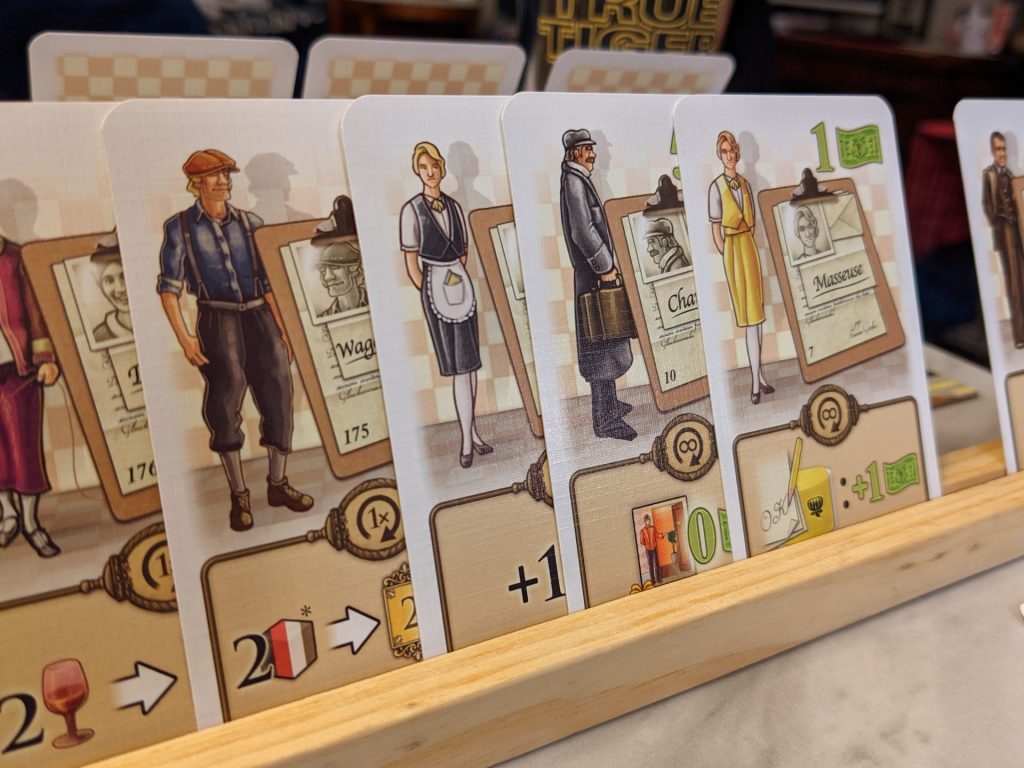
In a perfect world, if eight people show up, we’d be able to play at least eight one-hour games across two tables over four hours. Each player would be able to say that they got at least one game to the table.
But here’s the reality: you won’t start the game selection until all players have arrived at your game night. There goes the first 15 minutes. Then, there is shouting. Shouting, jostling, jousting, cajoling, negotiating, shoving (depending on the night), then choosing will take another 10-15 minutes.
So, now we have two games, split across either end of a long table. You’ve got to set those games up. Then, assuming the game is new to even a single player, you’ve got to teach that game; while you could have had players watch a teach video before showing up, not everyone plans as well as I do. (And yes, teach videos were available—although, not as freely—all the way back in 2016.)
Between setup and the teach, games usually didn’t kick off until 8 PM. That “quick” game of Scythe, on table number one? That might take longer than the 90 minutes forecasted when it won the bidding process. If it takes nearly the entire night—and most games take longer than the box says they will on the initial play—you’re probably looking at getting in one game per table, with maybe a filler or two thrown in to wrap up the night.
Don’t forget that between a post-game chat about the experience, clean-up, and the decision process on playing a second game, that doesn’t leave much time for anything else before the bar closes for the night.
Let’s see, then—about 40 games were offered for play. Two main entrees made it out, and let’s say two 20-minute fillers were used to wrap up the night (San Juan always does play pretty quickly, even with new players). That means 90% of the games offered at game night—36 out of 40!!—didn’t hit the table.
What if that happens every week?
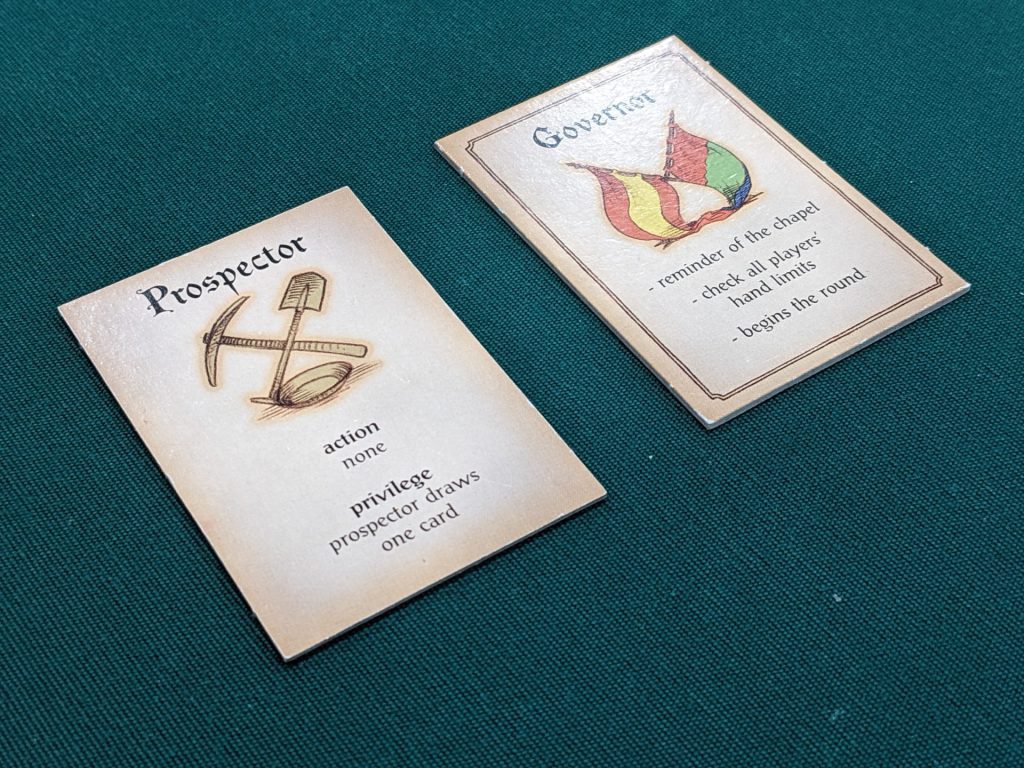
A Vicious Cycle
This became the cycle for me—look through my 25-30 game collection, pick 3-5 to bring to game night, make sure I had all of the rules down. I would pack my bag and haul the games to the bar (arriving early to make sure I could at least get a prominent piece of real estate on whichever table someone had grabbed for our night), then hope to get even one of those games to the table.
On many of our game nights, I would find myself daydreaming in-between turns: why do I keep buying games? I never get any of them to the table. Maybe I need to be more forceful? Maybe I need to remind people about why my game is such a great fit for [insert your shouter name here], and why she will love it if she just gives it a chance?
Maybe I need to find another gaming group? Or two? My wife loves me enough to play lighter, sometimes medium-weight fare without complaint two or three times a month. But even then, that’s a two-player game when many games are best at higher player counts.
These were the thoughts that popped up when we had a night every week; slowly, our group moved to doing game night every other week, but for the same four-hour time window. That meant I was looking at playing one of my own games every other week, at best. In some cases, that was fine; I was traveling quite a bit for work at the time, so I stopped buying games as often, and other players were buying some of the games I wanted to try anyway.
In 2019, I had made the decision: I needed to start hitting more Meetup game nights, or a weekly game night at a store. When I traveled to places like Canada, I made sure to hit game nights at board game cafes like Snakes and Lattes. I needed more chances to play games, because I found myself buying games more often.
A sampling of the landscape for many players I know now mirrors what I was seeing from maybe 2016 up until the start of COVID. How do gamers survive this vicious cycle? Everyone buys games and hopes to get them to the table. Most people I know play games once, maybe twice a week. Some players I know have really challenging schedules, and only get to game once or twice a month.
Some of those players buy new products more than they play games each month. I have seen “shelves of shame”—games that sit in shrink for months, waiting for the tap on the shoulder to go into the game—that look like actual brick & mortar game stores, with 50, maybe 75 games or more just sitting there, with no chance to be played any time soon.
I honestly hurt inside for many of the gamers out there. This is the scenario that almost forced me out of the hobby. For certain types of people with certain types of personalities, I don’t even have a solution for how you get around some of this, but I can at least describe where I am now in the hopes that what worked for me has elements of what might work for you.
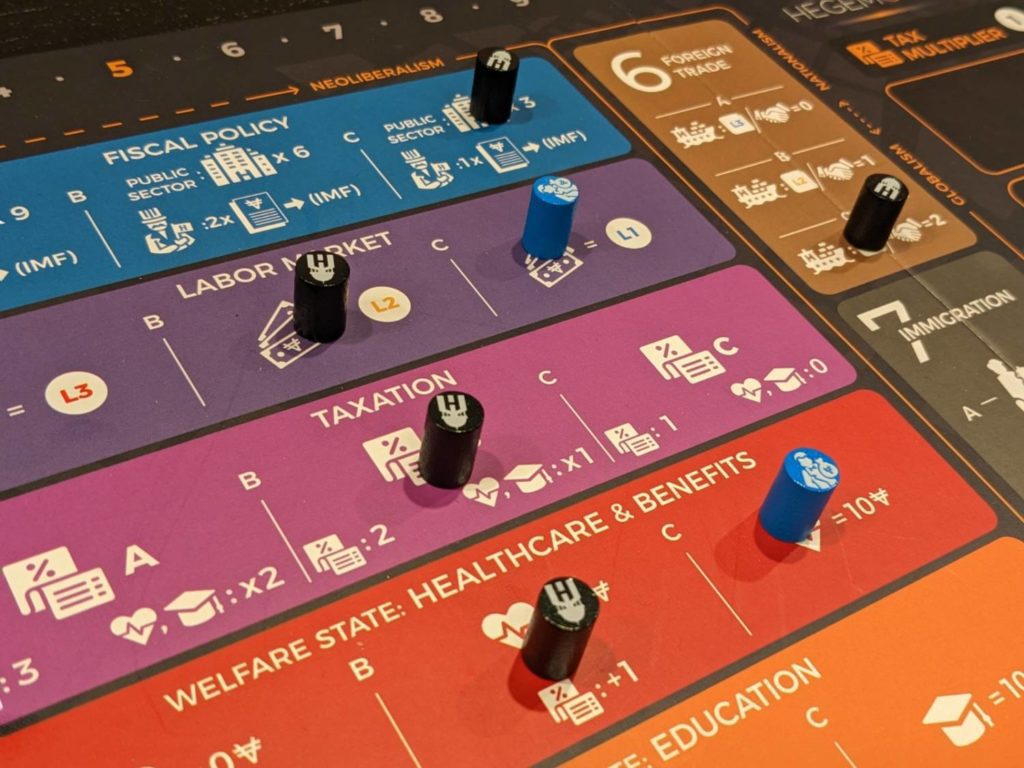
The Now
When COVID hit, I decided to take action: I had to make a full reset on the gaming groups that I have joined and find other teams to hang out with.
Conveniently, COVID killed off my ability to enjoy the Chicago nightlife. Before COVID, I never went to a friend’s house to play games on a Friday or Saturday night. I was at a club, or a friend’s house party, or a bar, or traveling to see friends in other cities doing those same things. If I decided to stay home, it was to watch TV with my wife or play video games late into the night.
Screen time is a killer, so I decided to make board games my new hobby. In the months before COVID, I found a second group in the Chicago suburbs that I really enjoyed, so I’m still a part of that group and it’s a group that is willing to play anything. Bonus points: the group is small (when I first joined, only five people), so almost by default, we were able to get any games we wanted to the table over the course of each month by meeting once a week.
In July of 2020, I found a third group, people who were willing to mask up and meet at public places. That group has morphed into a group of about 12 people who I still game with today. That group prefers medium-to-heavy Euros; while I enjoy heavier games from time to time, I like a mix of experiences and my other groups help balance this out.
I met that group through Facebook, a tool that I had basically given up on prior to COVID. Like Meetup, it has offered me a few different avenues to meet other players. This included finding my fourth group, a “review crew” that meets every Monday and offers something I have not really had before: a chance to always play only the games I want to table, albeit the games I am not necessarily choosing since these are the games I write about for Meeple Mountain.
And to make sure I rounded all the bases, I also play once a month with a fifth group that gets together during the daytime on weekends. They play more often than that, but I try to join one Saturday a month if I can navigate the other kid activities we manage at home. It’s a group that has been playing for years but I got an invite from another friend in the city, and I love the company. The hosts have a massive collection, so it’s a chance for me to learn lots of older games in a safe space.
My pre-COVID group? About a year after COVID kicked off, we started getting back together. Now that many of us are older and wiser, parents (a few of us), and/or traveling less for work, a slice of that larger pool of players still gets together once a week.
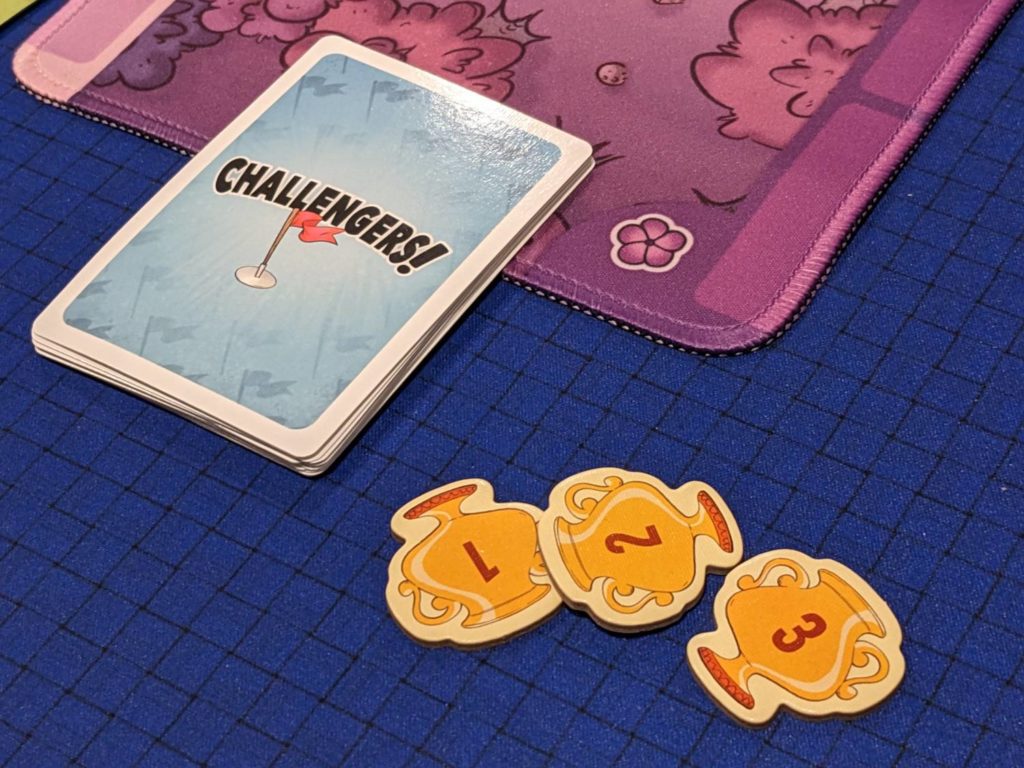
You Have Five Gaming Groups?
I wanna play my games, so to ensure that I eventually get some of my games to the table, I went out and found five different gaming groups.
Is that ridiculous? Not if you love your collection and learning about new games that you eventually want to add. I have the data—I was almost never playing any of the games in my collection with only one gaming group, and it was frustrating to spend parts of a session pleading with others to force them to play one of my games.
Now, with five groups? I get a couple of my games out each week. I get to play a lot of games purchased by other people, and often, they are games that I was curious about but didn’t want to buy myself. I get to play games maybe three times a week (always Mondays, almost always Wednesdays, then either a Friday or Saturday), not to mention games with my kids on the weekend, usually after Saturday morning cartoons.
I’m not stressed any more about buying games. I used to find myself hovering over the “Buy Now” button on crowdfunding platforms or online stores, waffling because I wasn’t sure if I should buy a game that will take two years to fulfill and then weeks, maybe months, to ever hit the table. And then, if it did hit the table, I would get it played once with the main group and then not be able to get it back in the rotation again for another few weeks or months.
Now when I buy games like Challengers!, I play it once with my Wednesday group. I play it once with the monthly group. I get it in once with my review crew, and whammo…I’ve played a new game three times in the first three weeks that I have it. It feels so good!!
The best part about all this? I’m not anxious at all any more about playing my games. I am always down to play games in my ~75-game collection. But if I can’t? I’ll play your games. I’m not worried any more that I won’t find time in the course of the week to play at least one of my games somewhere, because I have five gaming groups. My goal is to play one game of my choosing at least once a week. Across multiple gaming sessions, that’s a walk in the park now.
I tell everyone now the same thing: you MUST find multiple gaming groups. Yes, that means that you are probably going to have to meet more people. Yes, that means you are going to have to suffer through some tough game nights, with personalities that are not your thing or with terrible analysis paralysis as you try to patiently await your turn. It’s tough! But I can assure you that walking through the fire is so, so worth it if you want your collection to regularly see the light.





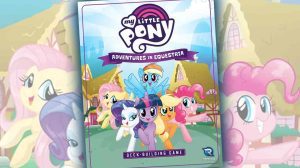



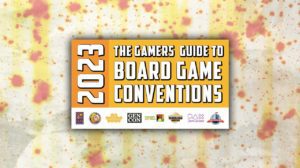

Excellent and thought-provoking article. I just wish I had time for multiple game groups. The solution for me is to probably get rid of most of my collection and be the guy who happily plays whatever others bring to the table.